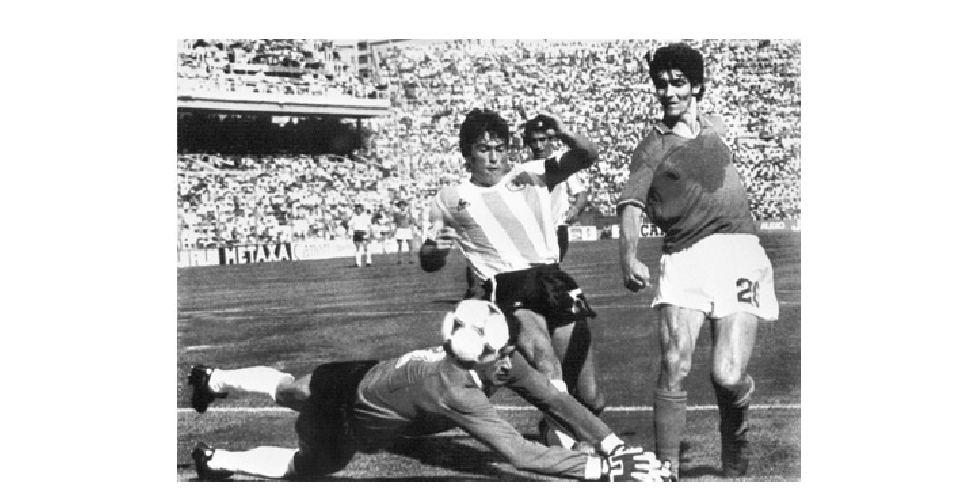
Paolo Rossi, Italy's goalscoring hero from their victorious 1982 World Cup campaign, has died at the age of 64.
His death comes with the football world still in mourning for Argentina icon Diego Maradona, who passed away late last month.
Italian TV channel RAI Sport, where Rossi had been working as a pundit, said on Thursday "Pablito" had died of an "incurable disease".
"Such terribly sad news: Paolo Rossi has left us," RAI Sport presenter Enrico Varriale tweeted.
"Unforgettable Pablito, who made all of us fall in love in that summer of 1982 and who was a precious and competent work colleague in RAI over recent years."
Rossi's wife, Federica Cappelletti, posted a photo of herself and her husband on Instagram along with the words "per sempre" - "forever".
Rossi won two Serie A titles, a European Cup and a Coppa Italia with Juventus but will be most fondly remembered for his six goals at the 1982 World Cup in Spain.
His selection in the squad was initially criticised by pundits, who wrote him off as out of shape, but they were left eating their words when he struck one of the World Cup's great hat-tricks against Brazil.
Italy's 3-2 victory in that classic encounter in the second group phase booked them a place in the semis against Poland, where Rossi again made the difference.
He sunk the Poles with a brace in a 2-0 win that fired his side into the World Cup decider against West Germany.
Rossi then scored Italy's first in a 3-1 victory that gave them their third World Cup title and their first since 1938.
He won the golden boot as the top scorer and golden ball as the best player of the tournament, a campaign regarded as one of the best individual World Cup performances of all-time.
Among the tributes to flow from the soccer world, Germany's former World Cup winner Juergen Klinsmann tweeted: "Dear Pablito, we always remember you!"
Born in Prato, Tuscany, Rossi played his entire club career in Italy. He was banned for three years in 1980 as part of the "Totonero" match-fixing scandal but always denied any wrongdoing.
The ban was later reduced to two years, allowing him to return to the Italy squad and carve out his slice of World Cup history.
He also scored three goals at the 1978 World Cup in Argentina. With a total of nine goals, he remains Italy's joint-highest scorer at the World Cup with Roberto Baggio and Christian Vieri.




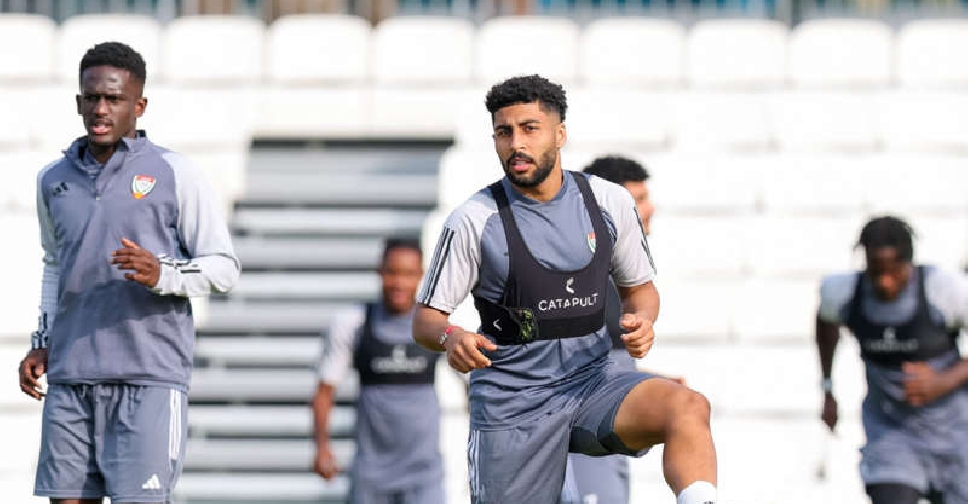 UAE to face Morocco in FIFA Arab Cup semi-final
UAE to face Morocco in FIFA Arab Cup semi-final
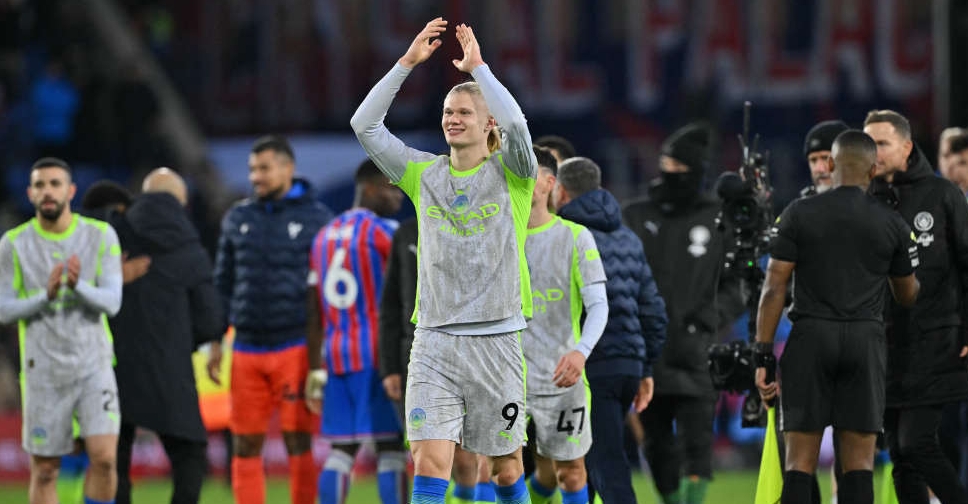 Man City beat Palace, Villa edge West Ham in five-goal thriller
Man City beat Palace, Villa edge West Ham in five-goal thriller
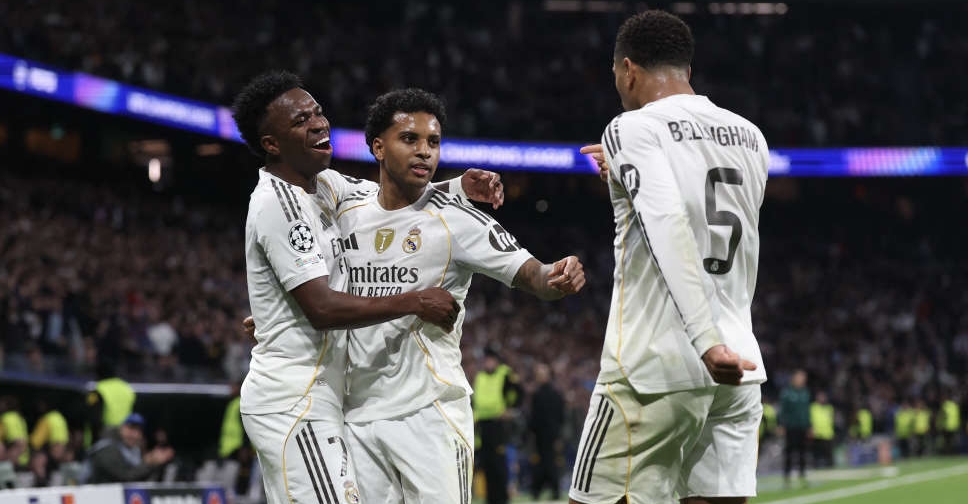 Rodrygo's winner lifts Real Madrid past Alaves to end losing streak
Rodrygo's winner lifts Real Madrid past Alaves to end losing streak
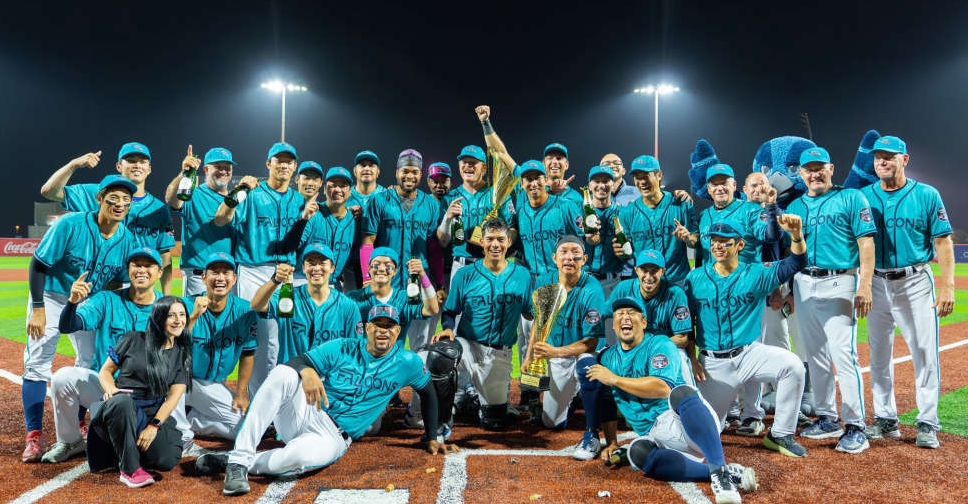 Mid East Falcons win the inaugural United Series Championship in Dubai
Mid East Falcons win the inaugural United Series Championship in Dubai
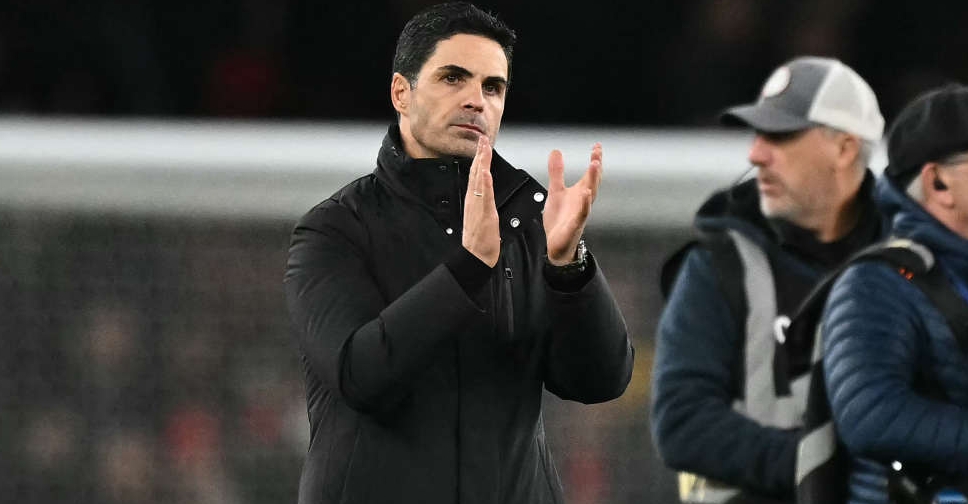 Arsenal must improve defensively despite win over Wolves, says Arteta
Arsenal must improve defensively despite win over Wolves, says Arteta




